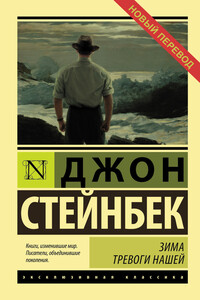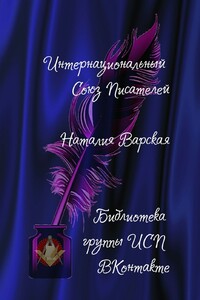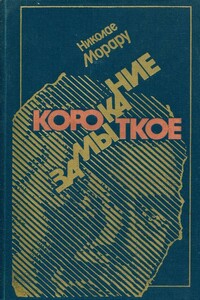Once there was a war | страница 52
These things cannot be overstated. Anyone who can reassure these soldiers that such things will not happen again will put a weapon in their hands of incredible strength. What do the soldiers hear?—that Mr. Jones is calling Mr. Wallace names; that Mr. Jeffers is fighting with Mr. Ickes; czars of this and that are fighting for more power and more jurisdiction.
Congress, in a kind of hysteria of immunity from public criticism, has removed even the machinery of relief which might take up the impact of a new depression; black markets are flourishing and the operators are not little crooks, but the best people. The soldiers hear that the price of living is going up and wages are following them. A soldier is not a lone man. He usually has a family dependent to a large extent on the money he can allot, and his pay does not increase with the cost of living.
These are the things that he hears. The papers are full of it, the letters from home are full of it—quarreling, anxiety, greed. And, being a soldier, he cannot complain. He is forbidden to complain. You cannot have that kind of thing in an army. He is not cynical, but he is worried. He wants to get this war over with, and to get home to find what they have done to his country in his absence. The Four Freedoms define what he wants but unless some machinery, some foundation, some clear method is shown, he is likely to believe only in that freedom which Anatole France defined—the equal freedom of rich and poor to sleep under bridges.
THEATER PARTY
LONDON, July 18, 1943—It was late afternoon of the English summer and in one of London’s innumerable outlying districts the motion-picture house was comfortably filled. There were some soldiers who had been wounded and were on their way to recovery. There were women of the services off duty for a few hours. Some civilian women were there for a quick picture after shopping and there were factory workers off shift. Down in front were rows of children, crowding as close to the screen as they could get.
It was just an average afternoon at the pictures. The house was comfortably filled but not crowded. In special places were some men in wheel chairs from the hospital. The picture was I Married a Witch with Veronica Lake—a fantasy comedy wherein a New England witch of Puritan times returns to life and falls straight into the traditional bedroom comedy—neither a distinguished piece of work nor a bad one. The children loved the picture and believed it because they believe all moving pictures.






